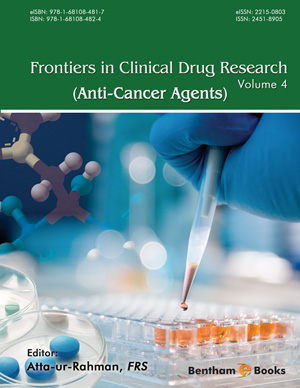Abstract
Low targeting ability, drug resistance and toxicity are main hurdles for clinical applications of conventional anticancer drugs. Collectively, nanodrug, through loading traditional chemotherapeutics into nanocarrier, provides an effective platform to overcome these obstacles. Anticancer nanomedicine is an emerging method of therapy that focuses on specific drug delivery to improve treatment efficacy while reducing detrimental side effects to normal tissues. By taking advantage of the physical and chemical properties of nanocarrier, a nanodrug can achieve effective transport and delivery of active species to the targeted site of action within the biological systems for cancer treatment. In particular, nanocarriers can be modified in their structure, composition and other properties to overcome drug resistance, improve membrane permeability, prolong duration of action and even lower the toxicity. Furthermore, a nanodrug, by incorporation of certain functionalities could conjugate with thermal therapy or radiotherapy to achieve dual treatment. Due to these advantages, various types of nanodrugs have been approved for clinical cancer therapy and a number of nanodrugs are currently in clinical trials, demonstrating the great potential of their effectiveness in cancer destruction. In this chapter, the fundamentals of clinical nanodrugs for anticancer therapy are highlighted, and recently developed typical clinical nanocarrier platforms are summarized, with a focus on their advanced pharmacokinetic characteristics versus conventional anticancer chemotherapeutics. However, it is evident that multidisciplinary and international collaboration is needed to stimulate clinical translation of nanotherapeutics. Ultimately, nanodrugs may become a new therapeutic modality to treat cancer in the near future.
Keywords: Anticancer nanomedicine, Clinical trials, Drug delivery, Drug resistance, Nanodrug, Nanocarrier, Pharmacokinetic characteristic, Physicochemical characterization, Targeting, Toxicity.






















